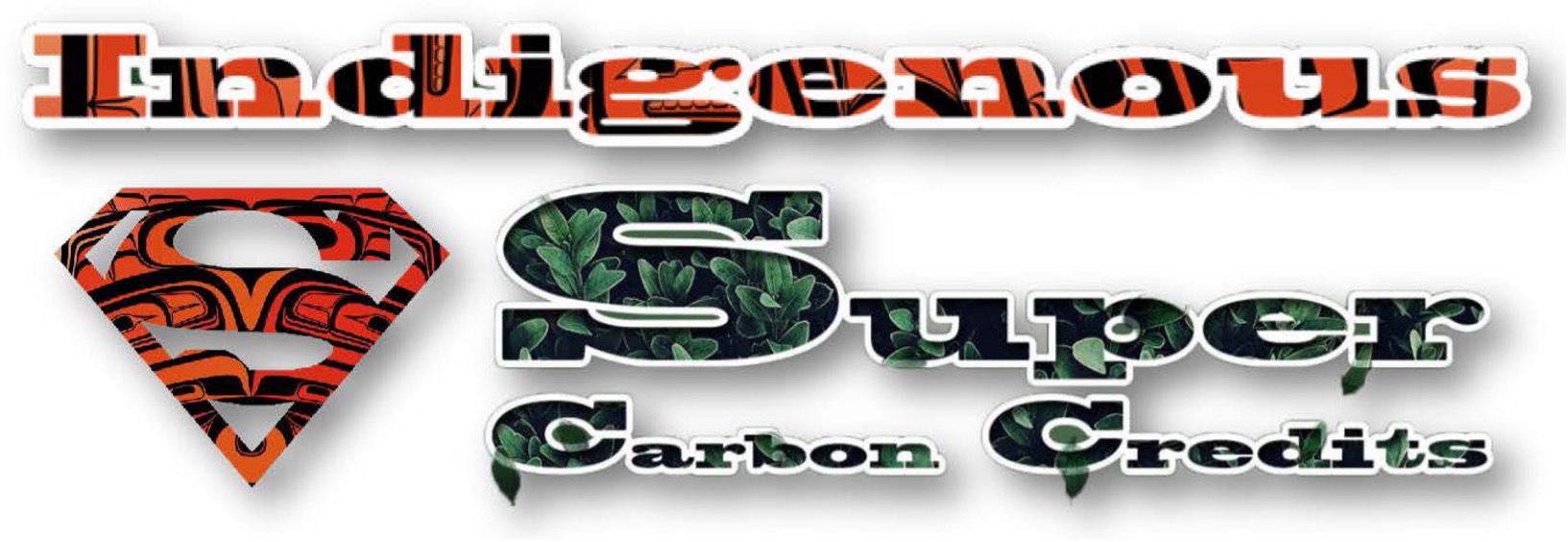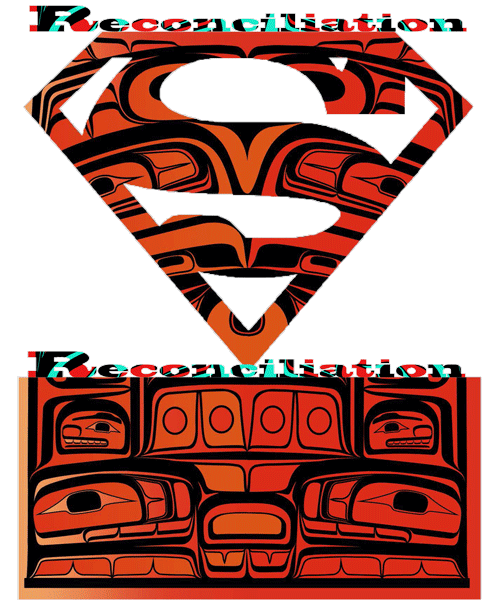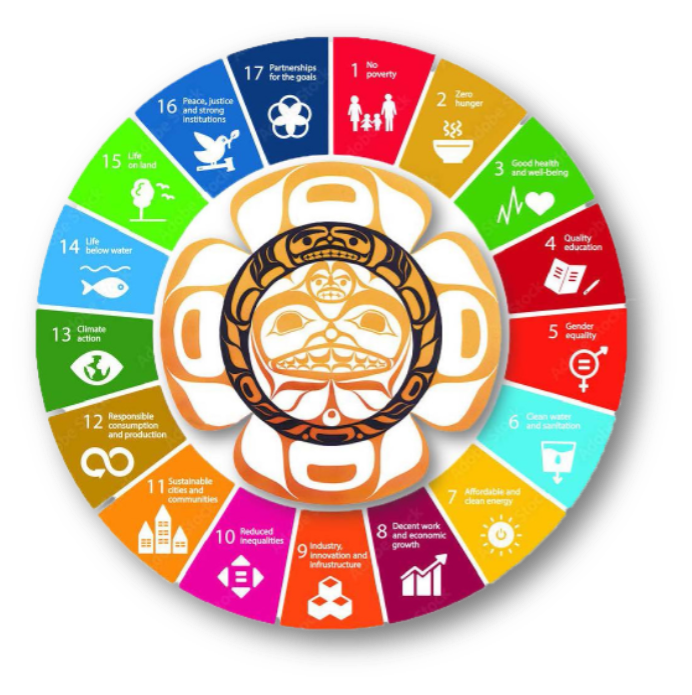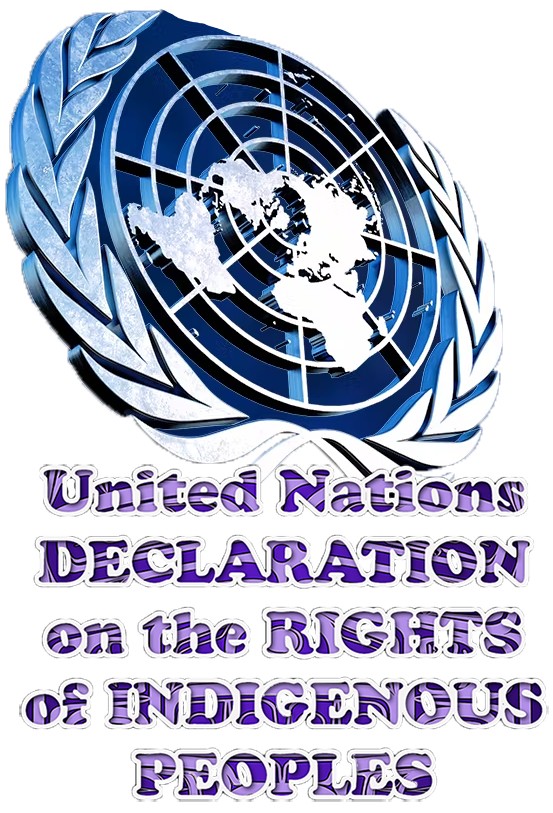
The most valuable greenhouse gas is one that not emitted. Basically, carbon credits are a unit of measurement that represents the reduction of one metric ton of carbon dioxide or its equivalent in greenhouse gas (includes water vapor, methane, nitrous oxide and chlorine-fluorinated hydrocarbons). One credit allows the owner to emit 1 ton of carbon dioxide, and carbon credits are a type of tradeable permit that allows businesses or other organizations to offset their carbon emissions.
While reducing greenhouse gas emissions is the most likely method of earning carbon credits, another class of “super” carbon credits is emerging which provide additional benefits beyond simply reducing greenhouse gases (such as enhancing ecosystems, supporting ozone layer protection, helping preserve biodiversity, or having major social, cultural, spiritual, economic and material significance to the planet’s poorest people).
Now there is growing recognition of “Indigenous Super Carbon Credits” which recognizes the ancient land stewardship and long history of conservation of Indigenous Peoples who occupy 25% of the earth’s surface area. These are “super” because such efforts alleviate all seventeen of the UN’s Sustainable Development Goals such as:
- POVERTY – Indigenous make up 15% of world population but 6% of extreme poor with a life expectancy 20 years lower than others
- HUNGER – Disproportionate sufferers of hunger and malnutrition
- EDUCATION – Horrendous health & wellbeing
- GENDER EQUALITY – Better educational opportunities help offset past inequities
- CLEAN WATER & SANITATION – Shocking statistics
- AFFORDABLE & CLEAN ENERGY – Poor but improving
- DECENT WORK & ECONOMIC GROWTH – Minimal. In Canada, for example, Indigenous reserves have unemployment rates that exceed those of the Great Depression
- INDUSTRY INNOVATION & INFRASTRUCTURE– Marginal
- REDUCED INEQUALITIES – Western countries such as Canada and the United States score highly on wellbeing indexes, but the Indigenous alone represent islands of the third world in first world countries
- SUSTAINABLE CITIES & COMMUNITIES – Developing infrastructure and opportunities
- RESPONSIBLE CONSUMPTION & PRODUCTION – Patterns of Indigenous Peoples consumption and production have always been sustainable
- CLIMATE ACTION – Stewards of nature who are doing more to protect the biosphere now
- LIFE BELOW WATER – Better outcomes sought for aquatic life
- LIFE ON LAND – Better outcomes sought for plants & animals
- PEACE, JUSTICE & STRONG INSTITUTIONS – Work-in-progress to improve
- PARTNERSHIPS FOR THE GOALS – Creating relationships locally, regionally, nationally & internationally
In addition to meeting the UN’s Sustainable Development Goals, Indigenous carbon credits are “super” because they help Indigenous Peoples to protect their rights as set out in the United Nations Declaration on the Rights of Indigenous Peoples. In particular, in relation to UNDRIP, revenues from Indigenous Super Carbon Credits help to, in part:
- Preserve cultures & languages
- Develop programs to address social, mental, and health challenges
- Preserve Indigenous Rights to:
- self-determination & particularly the right to maintain and strengthen distinct political, legal, economic, social and cultural institutions…
- free and informed consent requiring consultation in good faith
- full enjoyment of human rights & fundamental freedoms
- be free and equal to all other peoples and individuals & free of discrimination in the exercise of their rights
- lands, territories and resources which they have traditionally owned, occupied or otherwise use or acquired with legal recognition & protection to these lands, territories and resources in respect to the customs, traditions and land tenure systems
The final reason that Indigenous carbon credits are “super” is because the taking of carbon credits over Indigenous lands is part of the process through which Indigenous Peoples and world governments work cooperatively to establish and maintain a mutually respectful framework for living together in an effort to foster strong, healthy and sustainable Indigenous Nations and national governments. This must be preceded by awareness and acknowledgement of the harm that has been inflicted, atonement for causes, and action to change behavior. It is the responsibility of every citizen to join the government to work towards unity as a society—one that honours treaties, acknowledges and respects Indigenous rights and title, and leaves negative stereotypes and perceptions in the past.



